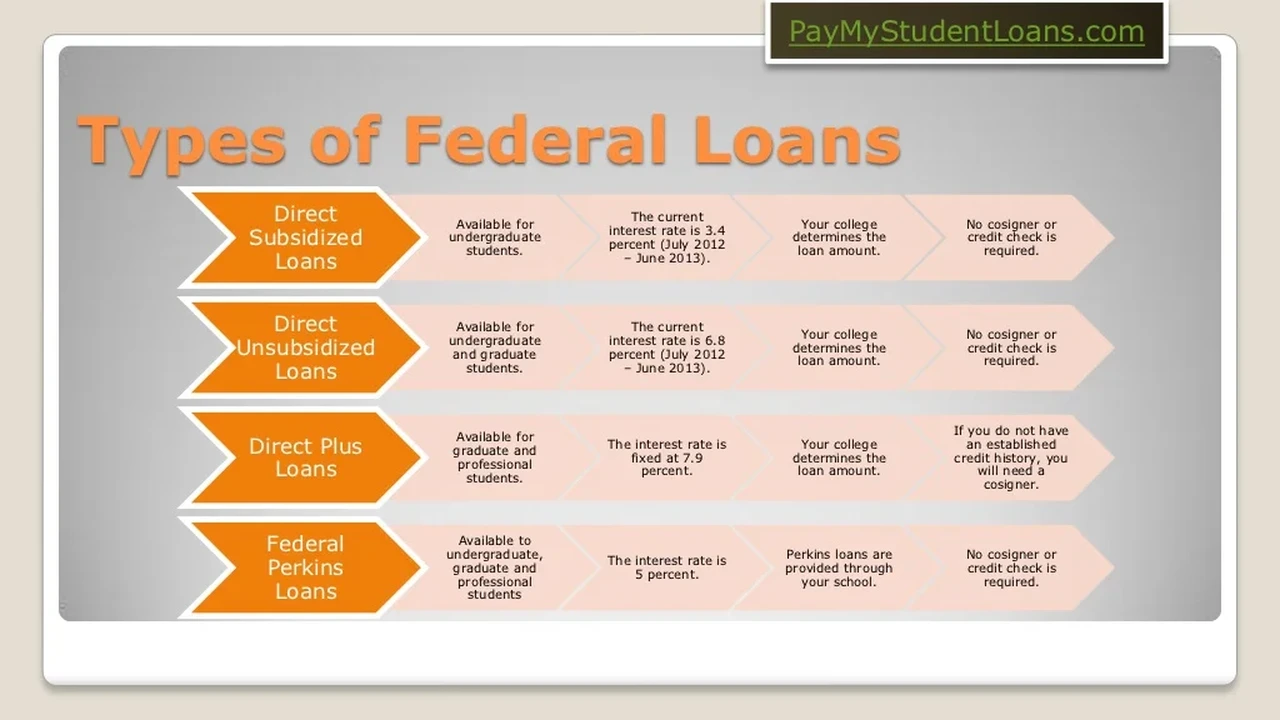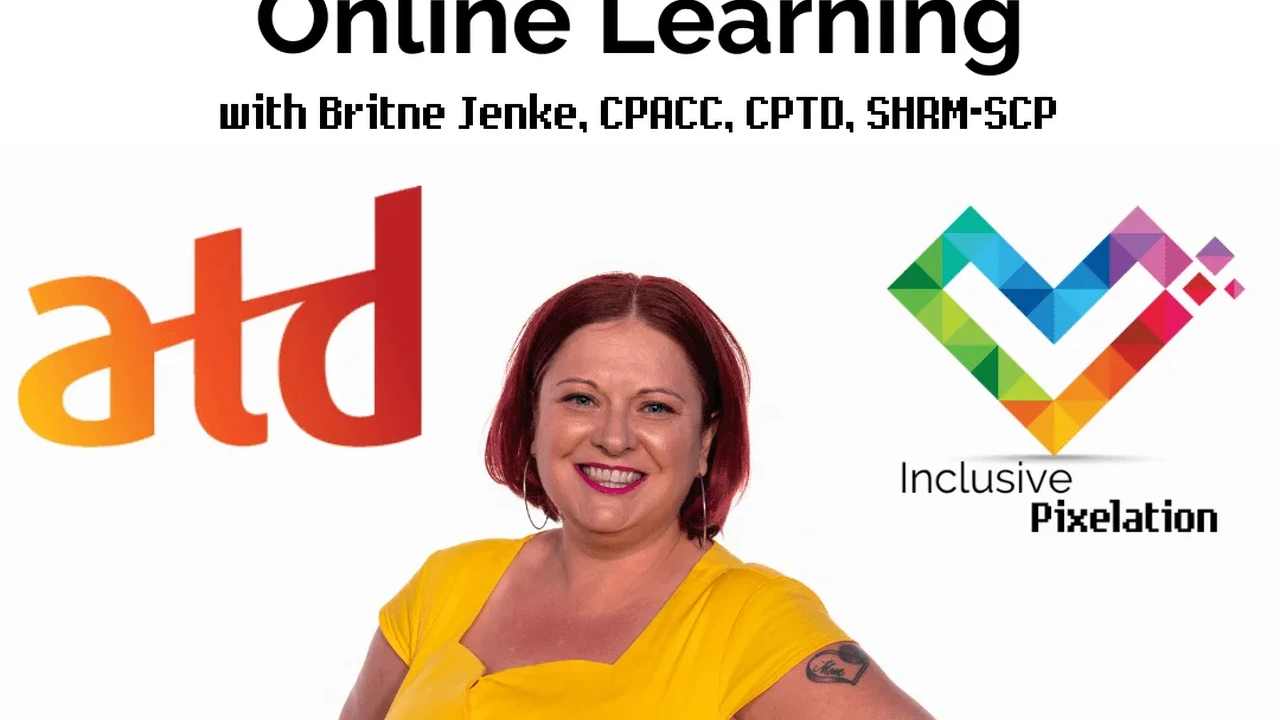Affordable Online Degrees 7 Budget Friendly Options
Find affordable online degree programs that offer quality education without breaking the bank. Options for US and Southeast Asian learners.

Find affordable online degree programs that offer quality education without breaking the bank. Options for US and Southeast Asian learners.
Affordable Online Degrees 7 Budget Friendly Options
Hey there, future scholars! Are you dreaming of a degree but worried about the hefty price tag? You're not alone. In today's world, higher education can feel like an exclusive club with an astronomical membership fee. But what if I told you there's a way to get a quality education without emptying your savings or drowning in student debt? That's right, we're talking about affordable online degrees, and they're a game-changer, especially for folks in the US and Southeast Asia looking to level up their careers without the financial stress.
The beauty of online learning is its flexibility and, often, its affordability. Traditional brick-and-mortar universities come with a lot of overhead – fancy buildings, sprawling campuses, sports facilities – and guess who pays for all that? You do! Online programs, on the other hand, can significantly cut down on these costs, passing the savings on to you. Plus, you save on things like commuting, on-campus housing, and even expensive meal plans. It's a win-win!
But with so many options out there, how do you find the truly budget-friendly ones that still offer a top-notch education? That's exactly what we're diving into today. We'll explore some fantastic options, compare their offerings, and even look at some specific programs and their costs. So, let's get started on finding your perfect, affordable online degree!
Understanding Online Degree Costs and Value for Money
Before we jump into specific programs, let's chat a bit about what makes an online degree 'affordable' and how to assess its value. It's not just about the sticker price; it's about the return on your investment. A cheap degree that doesn't get you anywhere isn't truly affordable, right?
Tuition Fees and Hidden Costs in Online Education
When you look at tuition, remember to dig deeper than the per-credit hour cost. Some programs might have lower tuition but then hit you with a bunch of fees: technology fees, administrative fees, graduation fees, and even proctoring fees for exams. Always ask for a comprehensive breakdown of all costs associated with the program. Also, consider the cost of textbooks and course materials. Many online programs now use open educational resources (OER) or digital textbooks, which can save you a ton compared to traditional print books.
Accreditation Matters for Affordable Online Degrees
This is super important! An affordable degree is only valuable if it's from an accredited institution. Accreditation ensures that the program meets certain quality standards and that your degree will be recognized by employers and other educational institutions. For US students, look for regional accreditation (like WASC, SACSCOC, HLC, etc.). For Southeast Asian students, check for national accreditation in your country and international recognition if you plan to work abroad. Don't fall for unaccredited 'diploma mills' – they're a waste of money, no matter how cheap they are.
Return on Investment ROI for Online Degree Programs
Think about what you want to achieve with your degree. Is it a promotion, a career change, or higher earning potential? Research the average salaries for jobs that require the degree you're considering. A degree that costs $20,000 but helps you land a job paying $10,000 more per year is a much better investment than a $10,000 degree that doesn't move the needle on your income. Look at alumni success stories and career services offered by the online program.
7 Budget Friendly Online Degree Options for US and Southeast Asian Learners
Alright, let's get to the good stuff! Here are some types of online degree programs and institutions known for their affordability and quality. We'll highlight some specific examples, but remember to always do your own research based on your specific needs and location.
1. Public State Universities with Online Divisions Affordable Online Bachelor's and Master's
Many public state universities, especially in the US, have robust online divisions that offer in-state tuition rates to online students, regardless of their physical location. Some even have special online-only tuition rates that are lower than their on-campus rates. These institutions often have a long-standing reputation and strong accreditation.
Specific Product Example: University of Florida Online (UF Online)
- Overview: UF Online offers over 20 bachelor's degrees and several master's degrees entirely online. It's part of a top-ranked public university, so you get a respected degree.
- Popular Programs: Business Administration, Computer Science, Psychology, Criminology.
- Target Audience: US students seeking a highly reputable degree at a competitive price.
- Estimated Cost: For 2023-2024, undergraduate tuition is around $129 per credit hour for Florida residents and $500 per credit hour for non-Florida residents. A 120-credit bachelor's degree could range from $15,480 to $60,000 in tuition. This is significantly lower than many private universities.
- Pros: Strong academic reputation, diverse program offerings, access to university resources.
- Cons: Non-resident tuition can still be substantial, though often less than private schools.
Specific Product Example: Arizona State University Online (ASU Online)
- Overview: ASU Online is a massive online university with hundreds of degree programs from bachelor's to doctoral levels. They are known for innovation and accessibility.
- Popular Programs: Business, Engineering, Nursing, Education, Liberal Arts.
- Target Audience: A broad range of students, including working adults, transfer students, and those seeking a flexible, large-university experience.
- Estimated Cost: Undergraduate tuition typically ranges from $560 to $660 per credit hour, regardless of residency. A 120-credit bachelor's degree would be approximately $67,200 to $79,200. While higher than UF for in-state, it's competitive for out-of-state and offers a vast selection.
- Pros: Huge selection of programs, excellent student support, strong reputation for online learning.
- Cons: Can be more expensive than some other public options, especially for those who might qualify for lower in-state rates elsewhere.
2. Community Colleges and 2+2 Programs Affordable Online Associate's and Transfer Options
Community colleges are often the most affordable entry point into higher education. Many offer online associate's degrees that can be directly transferred to a four-year university. This '2+2' model (two years at a community college, two years at a university) can save you tens of thousands of dollars on a bachelor's degree.
Specific Product Example: Western Governors University (WGU)
- Overview: WGU is a fully online, accredited university that uses a competency-based education model. This means you pay a flat rate per six-month term and can complete as many courses as you can master. If you're a fast learner, you can finish your degree much quicker and save a lot of money.
- Popular Programs: Business, IT, Education, Health Professions (Nursing).
- Target Audience: Highly motivated, self-directed learners, especially those with prior experience or college credits.
- Estimated Cost: Tuition is typically around $3,750 - $4,500 per six-month term, regardless of the number of courses you complete. A bachelor's degree could cost as little as $15,000 if completed in two years.
- Pros: Extremely affordable for motivated students, competency-based allows for faster completion, strong industry recognition for IT and nursing programs.
- Cons: Requires strong self-discipline, not suitable for everyone's learning style, limited social interaction.
3. Online Public Universities with Low Tuition Rates for All Affordable Online Degrees for Everyone
Some public universities are specifically designed to offer affordable online education to a wide audience, often with tuition rates that are competitive for both in-state and out-of-state students.
Specific Product Example: University of the People (UoPeople)
- Overview: UoPeople is a tuition-free, accredited online university. While there are no tuition fees, students pay small assessment fees per course and an application fee. It's a revolutionary model for global access to higher education.
- Popular Programs: Business Administration, Computer Science, Health Science, Education.
- Target Audience: Students worldwide, especially those in developing countries or with limited financial resources.
- Estimated Cost: An associate's degree costs approximately $2,460, and a bachelor's degree costs around $4,860 (including application and assessment fees). This is incredibly low.
- Pros: Virtually tuition-free, accredited, global community, flexible.
- Cons: Requires strong self-discipline, limited program variety compared to larger universities, relies heavily on peer-to-peer learning.
4. Open Educational Resources OER and MOOCs with Credit Options Free and Low Cost Learning
Massive Open Online Courses (MOOCs) and Open Educational Resources (OER) platforms offer free or very low-cost courses. Some of these platforms have pathways to earn college credit, either directly or through credit-for-prior-learning assessments.
Specific Product Example: Coursera with University Partnerships
- Overview: Coursera partners with top universities and companies to offer courses, specializations, and even full online degrees. While degrees are not free, many individual courses can be audited for free, or you can pay for a certificate. Some universities accept Coursera courses for credit.
- Popular Programs: Data Science, Business Analytics, Computer Science, Public Health.
- Target Audience: Learners looking for flexible, high-quality education, from individual courses to full degrees.
- Estimated Cost: Individual courses can range from free (audit) to $49-$99 for a certificate. Specializations can be a few hundred dollars. Full degrees offered through Coursera can range from $15,000 to $40,000+, depending on the university and program.
- Pros: High-quality content from reputable institutions, flexible learning, financial aid available for certificates.
- Cons: Full degrees can still be expensive, credit transfer for individual courses varies.
Specific Product Example: edX with MicroBachelors and MicroMasters Programs
- Overview: Similar to Coursera, edX offers courses and programs from leading universities. They have unique 'MicroBachelors' and 'MicroMasters' programs which are a series of university-level courses that can count towards a full degree.
- Popular Programs: Computer Science, Data Science, Business, Cybersecurity.
- Target Audience: Students looking for stackable credentials that can lead to a full degree, or those wanting to upskill in specific areas.
- Estimated Cost: MicroBachelors programs typically cost between $500 and $1,500. MicroMasters programs can range from $1,000 to $5,000. These are significantly cheaper than full degrees and offer a pathway to credit.
- Pros: Stackable credentials, high-quality content, potential for university credit, financial aid available.
- Cons: Not all MicroBachelors/Masters guarantee direct transfer to a full degree at every institution, requires self-motivation.
5. Online Programs from Universities in Countries with Lower Education Costs Global Opportunities
For students in Southeast Asia, or even US students open to international education, looking at online degrees from universities in countries with generally lower tuition fees can be a smart move. Just ensure the accreditation is recognized in your target job market.
Specific Product Example: University of London Online Degrees
- Overview: The University of London offers a wide range of online degrees (bachelor's and master's) that are globally recognized. These programs are developed by various colleges of the University of London (e.g., LSE, Goldsmiths) and delivered online.
- Popular Programs: Business, Economics, Law, Computer Science, Data Science.
- Target Audience: International students, including those in Southeast Asia, seeking a prestigious UK degree at a more accessible price point.
- Estimated Cost: A bachelor's degree can range from £10,000 to £20,000 (approximately $12,000 - $25,000 USD) for the entire program, depending on the degree and your location (some have different fee bands). This is significantly less than many US or even other UK on-campus degrees.
- Pros: Globally recognized and prestigious degree, flexible study, diverse program options.
- Cons: Still a significant investment, requires strong self-discipline, time zone differences can be a factor for live sessions.
6. Competency Based Education CBE Programs Accelerated and Affordable Learning
We touched on WGU, but it's worth highlighting Competency-Based Education (CBE) as a category. These programs allow you to advance by demonstrating mastery of subjects, rather than seat time. If you already have knowledge or can learn quickly, you can accelerate your degree and save money.
Specific Product Example: Capella University FlexPath
- Overview: Capella University offers a FlexPath option for many of its bachelor's and master's degrees. Similar to WGU, you pay a flat fee for a 12-week billing session and can complete as many courses as you can.
- Popular Programs: Business, IT, Psychology, Public Health.
- Target Audience: Experienced professionals, self-starters, and those who want to leverage prior learning to earn a degree faster.
- Estimated Cost: FlexPath tuition is typically around $2,500 - $3,000 per 12-week session for bachelor's degrees. A bachelor's degree could potentially be completed for $10,000 - $15,000 if you accelerate.
- Pros: Highly flexible, can accelerate degree completion, accredited.
- Cons: Requires strong self-motivation, not all programs are available in FlexPath, can be expensive if you don't accelerate.
7. Online Programs with Generous Transfer Credit Policies Maximize Your Prior Learning
If you've taken college courses before, even if you didn't finish a degree, look for online programs that accept a high number of transfer credits. This can drastically reduce the number of courses you need to take and, consequently, the overall cost of your degree.
Specific Product Example: Excelsior University
- Overview: Excelsior University is known for its flexibility and generous transfer credit policies. They are designed for adult learners and accept a wide variety of credits, including those from other colleges, military training, and even professional certifications.
- Popular Programs: Liberal Arts, Business, Health Sciences, Technology.
- Target Audience: Adult learners with significant prior college credit or professional experience looking to complete a degree.
- Estimated Cost: Undergraduate tuition is around $550 per credit hour. However, because they accept so many transfer credits, the total cost can be significantly lower if you only need to complete a few courses. For example, if you transfer in 90 credits, you only pay for 30 credits, bringing the tuition down to around $16,500.
- Pros: Extremely flexible, excellent for credit transfer, designed for working adults.
- Cons: Can be more expensive per credit than some other options if you have very few transfer credits, less traditional campus experience.
Comparing Affordable Online Degree Options Key Considerations
Now that we've looked at some specific examples, let's talk about how to compare them effectively to find the best fit for you, especially if you're in the US or Southeast Asia.
Accreditation and Recognition for Online Degrees in the US and Southeast Asia
As mentioned, accreditation is non-negotiable. For US students, regional accreditation is the gold standard. For Southeast Asian students, check if the degree is recognized by your country's Ministry of Education or equivalent body. If you plan to work internationally, ensure the degree has international recognition or is from a globally respected institution.
Program Structure and Flexibility for Online Learners
Do you prefer self-paced learning, or do you thrive with structured deadlines? Some programs are entirely asynchronous (learn on your own schedule), while others have synchronous components (live online classes). Consider your work and family commitments when choosing. Competency-based programs offer maximum flexibility for fast learners.
Student Support Services for Online Degree Students
Even though you're online, you still need support! Look for programs that offer robust student services: academic advising, technical support, career services, online tutoring, and mental health resources. These can make a huge difference in your success.
Career Outcomes and Alumni Networks for Online Graduates
Research the career outcomes of graduates from the programs you're considering. Do they have good job placement rates? What kind of salaries do alumni earn? A strong alumni network can also be invaluable for networking and job opportunities.
Technology Requirements for Online Learning Platforms
Ensure you have the necessary technology (reliable internet, a suitable computer, webcam, etc.) to participate in the online program. Some programs might have specific software requirements. Check these before enrolling to avoid unexpected costs or technical hurdles.
Maximizing Affordability and Minimizing Debt for Online Degrees
Finding an affordable program is just one piece of the puzzle. Here are some additional strategies to keep your costs down and avoid student loan debt.
Financial Aid and Scholarships for Online Students
Don't assume financial aid is only for on-campus students. Many online programs qualify for federal financial aid (FAFSA in the US), state grants, and institutional scholarships. Actively search for scholarships specifically for online learners, adult students, or those in your field of study. Websites like Fastweb, Scholarship.com, and even your chosen university's financial aid page are great starting points.
Employer Tuition Reimbursement Programs
Many companies offer tuition reimbursement as an employee benefit. Check with your HR department to see if your employer will cover some or all of your online degree costs. This is essentially free money for your education!
Credit for Prior Learning and Experience
If you have work experience, professional certifications, or have completed military training, you might be able to earn college credit for it. This is called Credit for Prior Learning (CPL) or Prior Learning Assessment (PLA). It can significantly reduce the number of courses you need to take and save you money. Ask prospective universities about their CPL policies.
Budgeting and Financial Planning for Online Education
Create a detailed budget that includes tuition, fees, books, technology, and even potential loss of income if you reduce your work hours. Stick to it! Look for ways to cut down on living expenses while you're studying. Every dollar saved is a dollar you don't have to borrow.
Comparing Student Loan Options Federal vs Private
If you do need to borrow, always prioritize federal student loans (in the US) over private loans. Federal loans often have lower interest rates, more flexible repayment options, and potential for loan forgiveness. Private loans should be a last resort and only taken after careful consideration of their terms and conditions.
Final Thoughts on Finding Your Affordable Online Degree
Getting a degree doesn't have to break the bank. With the rise of online education, there are more affordable, high-quality options than ever before. Whether you're in the US or Southeast Asia, a working professional, a parent, or just starting your higher education journey, there's an online degree out there that fits your budget and your goals.
Remember to prioritize accreditation, understand all costs involved, and consider the return on your investment. Don't be afraid to explore different types of institutions and programs, from public universities to competency-based models and even tuition-free options. By doing your homework and leveraging available financial aid and cost-saving strategies, you can achieve your educational dreams without the burden of overwhelming debt. Happy learning!
:max_bytes(150000):strip_icc()/277019-baked-pork-chops-with-cream-of-mushroom-soup-DDMFS-beauty-4x3-BG-7505-5762b731cf30447d9cbbbbbf387beafa.jpg)






